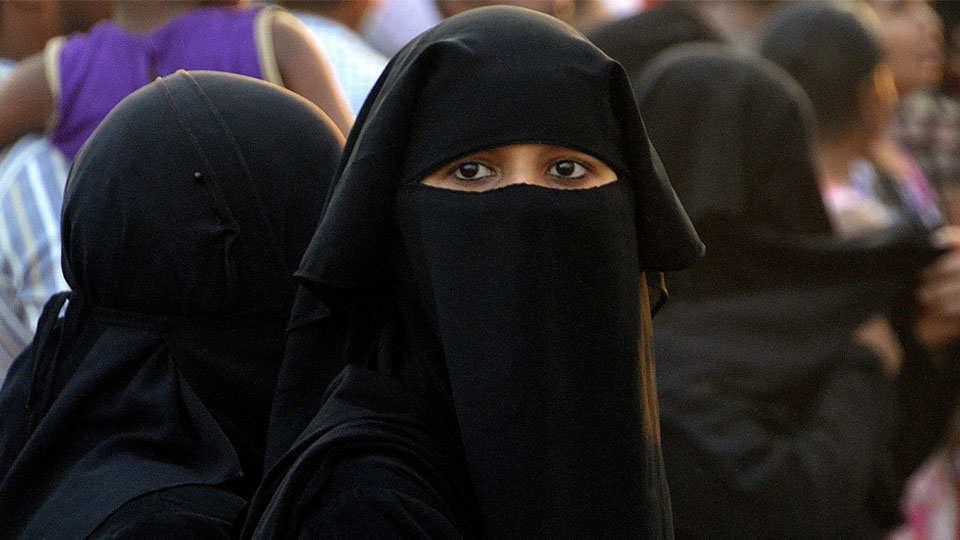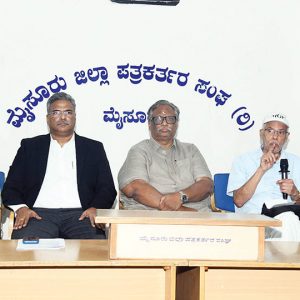New Delhi: In a landmark and a far-reaching order empowering millions of Muslim women, the Supreme Court this morning struck down the controversial Islamic divorce practice of instant triple talaq, saying it was arbitrary and against the tenets of Islam. “It is illegal, unworthy and retrograde and is not integral to religious practice and violates Constitutional morality,” the SC ruled.
In the historic decision, a five-judge multi-religious Constitution Bench banned triple talaq by 3:2 majority. The Bench is headed by Chief Justice Jagdish Singh Khehar. Now that the Supreme Court has come out with its verdict on triple talaq, the Law Commission is expected to quickly wrap its Uniform Civil Code report and submit it to the Union Government in a month or two.
The court called triple talaq “bad in law” and said: “We hope the legislature will consider and take into account Muslim Personal Law while making legislation. All parties must keep their politics away and decide this.” Referring to the abolition of the practice in Islamic countries, the court questioned, “Why can’t independent India get rid of it?” The verdict came after six days of the historic hearing, which saw some of the top lawyers argue whether triple talaq was essential to Islam or not.
While Justice Khehar and Justice S. Abdul Nazeer held triple talaq to be part of fundamental right to religion of Muslims and said it was not unconstitutional, Justices Kurian Joseph, Rohinton Fali Nariman and Uday Umesh Lalit said triple talaq violated the fundamental right of Muslim women as they are subjected to arbitrary irrevocable divorce through this practice.
CJI Khehar and Justice Nazeer, even while holding triple talaq to be valid, ordered a stay on this practice for six months to enable legislature bring a law banning this practice. They said if a legislation banning triple talaq completely is placed before Parliament within six months, the stay on the practice would continue till Parliament enacted or rejected the law.
Justice Joseph said triple talaq was not sanctioned by Quran and hence could not form part of the fundamental right to religion.
He said what is not true in theology cannot be sanctioned by practice or law. They struck down that part of 1937 Sharia Law that allowed it to be recognized practice among Muslims following Hanafi School.
During the hearing, the Apex Court had clarified that it may not deliberate upon the issue of polygamy and said it would only examine whether triple talaq was part of an “enforceable” fundamental right to practice religion by the Muslims.
Triple talaq is legal for Muslims according to the Constitution, but several Muslim women who have been divorced, including by Skype, on WhatsApp and over phone, had challenged the 1400-year-old practice. During the arguments, the All India Muslim Personal Law Board described the divorce practice as “horrendous”, “sinful” and “undesirable” with no sanction of the Quran and the Shariat. However, India’s largest Muslim body had also cautioned that “testing the validity of customs and practices was a slippery slope.”
The Government had backed the petitioners, declaring triple talaq unconstitutional, and derogatory and discriminatory for women. But it had argued that the Court should first pronounce its decision on the Constitutional validity of triple talaq, only then it would bring a law.








Recent Comments